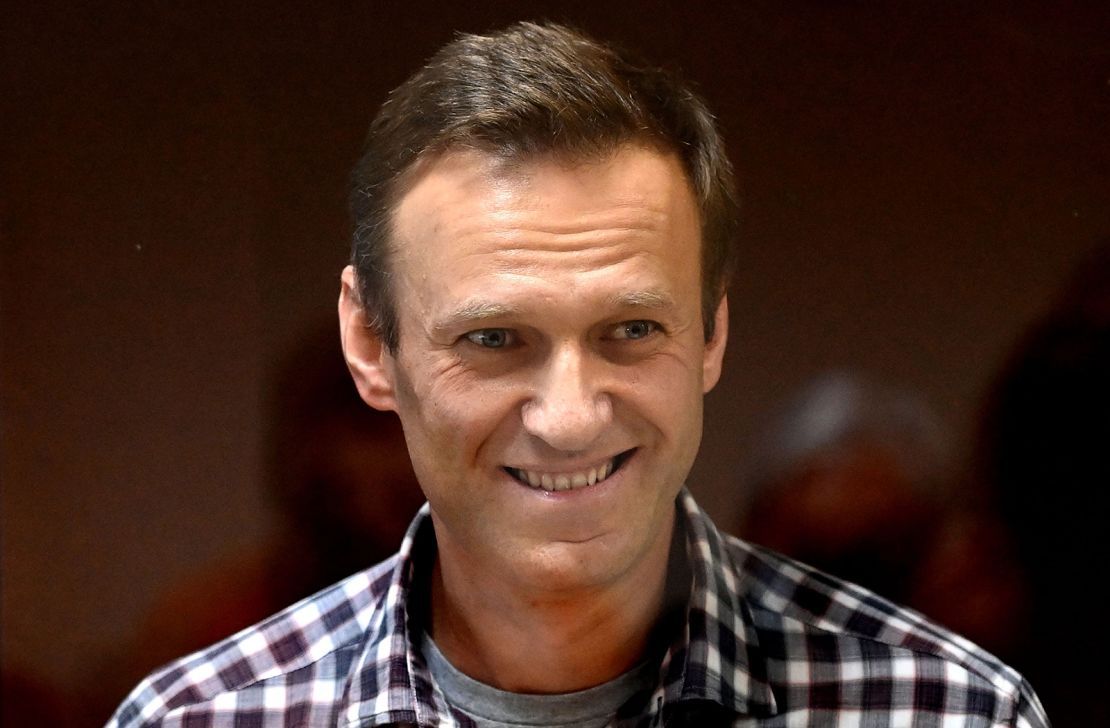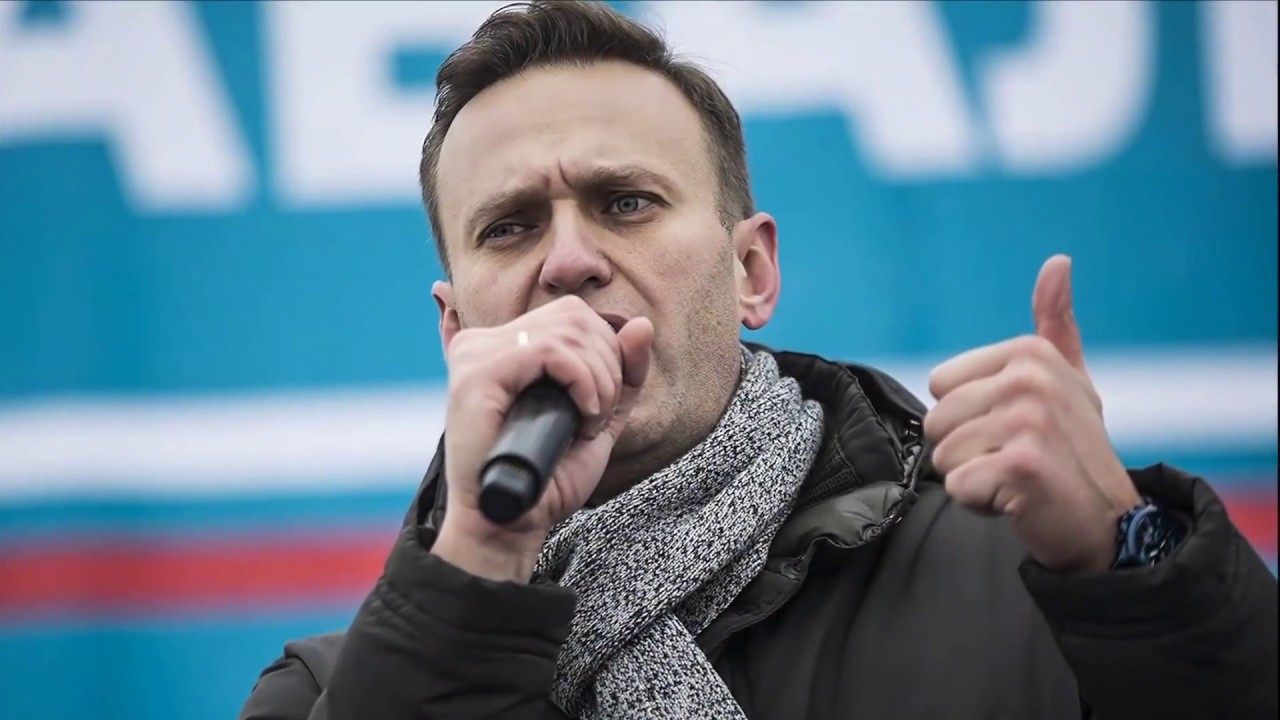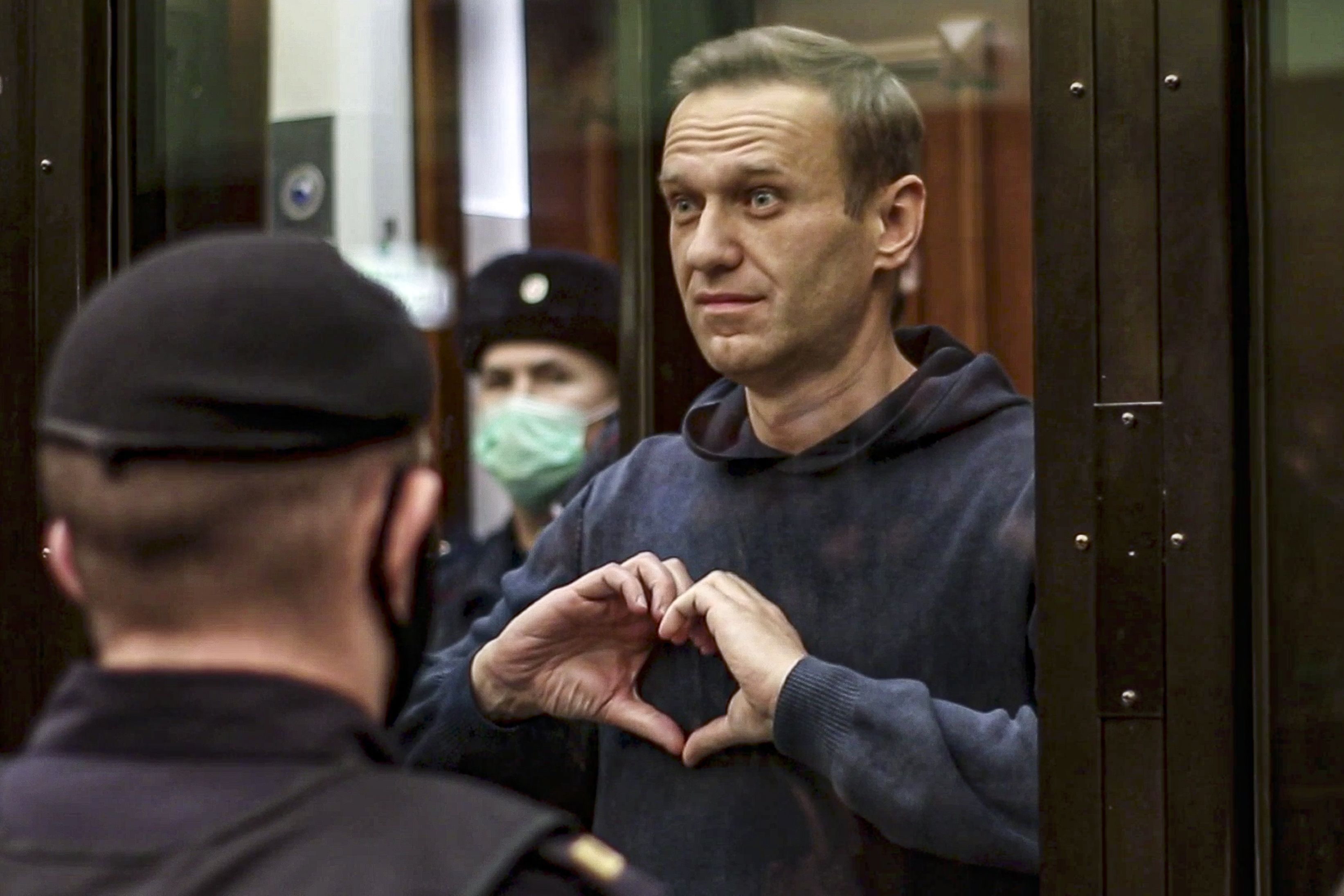Briefly: Alexei Navalny (1976–2024) became one of the most well-known and influential critics of the Russian government in the 21st century. Over a decade, his anti-corruption work and street opposition activities made him a symbol of resistance. At the same time, he faced numerous criminal and administrative charges. After being poisoned in 2020, he returned to Russia in 2021, where he was arrested and sent to a penal colony. Navalny died on February 16, 2024, in a remote Arctic colony; the official cause of death was cited as a "sudden heart failure," but his family and the international community questioned this version, suggesting intentional poisoning. In 2025, Navalny’s widow, Yulia, announced the results of foreign laboratory analyses, which, according to her, confirmed poisoning.

Early Years and Rise as a Public Figure
Alexei Anatolievich Navalny was born in 1976 in the Moscow region. A lawyer by education, he became widely known for his blog and work with the Anti-Corruption Foundation (FBK), where he published investigations into alleged embezzlement and corruption involving high-ranking officials and business figures. His work included major publications, viral videos, and a series of street actions that gathered tens of thousands of participants in different cities across Russia. These activities made Navalny a central figure in Russian opposition and, at the same time, a target for political repression.
Poisoning in 2020 and Treatment in Germany
In August 2020, Navalny fell seriously ill during a domestic flight in Russia. The plane made an emergency landing in Omsk, after which he was transferred to Germany for treatment. Analyses indicated exposure to a nerve agent of the "Novichok" group. Russian authorities denied the poisoning, but international experts confirmed the presence of the toxin. After a long recovery in Germany, Navalny returned to active political work, continuing his investigations and publications.
Return to Russia and Arrests
In January 2021, Navalny returned to Russia and was immediately detained. From that moment, criminal and administrative cases were initiated against him, leading to years of imprisonment. His supporters consider these cases politically motivated, while the authorities insist on the legality of the procedures. These events sparked international debate and led to sanctions from several countries.
Conditions of Detention and Death in the Penal Colony
On February 16, 2024, Navalny suddenly died in a correctional colony in the Yamal region. According to the official version, the death was caused by sudden heart failure and arrhythmia. Relatives, lawyers, and international observers expressed doubts about the official account, citing limited access to security cameras, delayed medical assistance, and restricted access to the body for family members.

Allegations of Cause Substitution and New Data
After Navalny’s death, his family and associates repeatedly suggested the possibility of a targeted killing. In 2025, Yulia Navalnaya stated that foreign laboratories confirmed the presence of toxic substances in biological samples taken from Russia. She called for the publication of laboratory reports and full transparency in the investigation. Russian authorities reject any allegations of involvement.
Different Perspectives
Official version: Representatives of the colony and investigative bodies claim the death resulted from sudden heart problems. Many details—camera footage, full medical documentation—have not been publicly released.
Family and defense: They insist on discrepancies in official documents and point to signs of poisoning confirmed by foreign laboratories.
International community: Navalny’s death was recognized as a significant political event. Many human rights organizations and political leaders demanded an independent international investigation.
Funerals, Protests, and International Reaction
Following Navalny’s death, memorial and protest actions took place in Russia and abroad. Supporters expressed confidence that it was a deliberate act. The international community called for thorough investigation and transparency, while discussions about accountability continue.
Political and Historical Significance
Navalny was one of the key figures of the Russian opposition. He became a symbol of the fight against corruption and repression, organizer of investigations, and catalyst of civic activity. His death was a blow to the opposition in Russia, but at the same time, it motivated new protest movements and increased international pressure on Russian authorities.

Unresolved Questions and Expectations
Publication of independent reports: Family and associates insist on full disclosure of foreign laboratory studies.
International legal measures: Possible appeals to international organizations for an independent investigation.
Domestic political consequences: The events increased distrust toward official authorities while also showing the growth of repressive mechanisms in Russia.
Conclusion
The death of Alexei Navalny is not only a personal tragedy but also a historical marker for Russia and the international community. Events ranging from his poisoning in 2020 to his sudden death in prison show how politics, law, and security intersect with individual lives. Independent and transparent investigation remains a necessary condition for public trust and international legitimacy.
Olga Ivanenko


